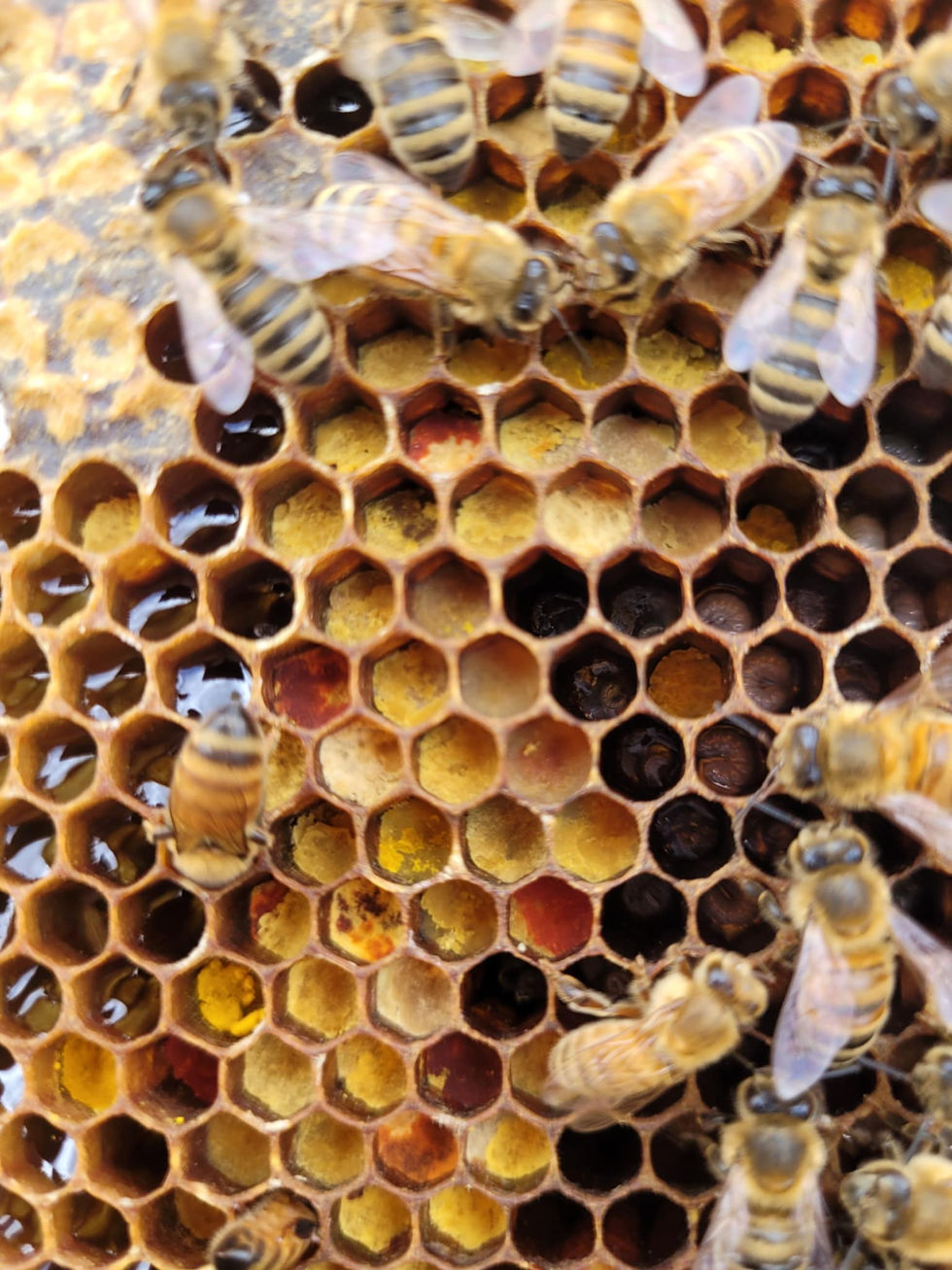Over Wintering
- Elizabeth McKeough
- Jan 12, 2025
- 2 min read
Overwintering is a crucial process in gardening that involves protecting plants from the harsh winter conditions. The level of care necessary for overwintering depends on various factors, including the climate of the region and the type of plants in your garden. Hardy plants, which are closely related to their native habitat, may only require mild overwintering methods. On the other hand, tropical and semi-tropical plants require more protection to survive the winter. In contrast, plants in regions that never freeze, such as Florida or the West Coast, may not need any overwintering care at all.
When it comes to overwintering your garden, there are several tips to follow to ensure the health and success of your plants. One essential tip is to harvest vegetables before the winter sets in, depending on the weather conditions in your area. Additionally, planting cover crops like winter rye, buckwheat, legumes, pea mixes, or oat mixes can help keep weeds at bay and add valuable organic matter to the soil.
Protecting plants is another critical aspect of overwintering. You can do this by covering them with frost cloth or digging leaves into the soil for added insulation. Mulching your garden beds is also crucial to help insulate the soil and protect plant roots from extreme temperatures. Cleaning up your garden beds, disposing of debris, and maintaining your compost pile are essential steps to prepare your garden for winter.
Planting seeds and bulbs for the spring season is an excellent way to ensure a successful transition from winter to spring. Additionally, maintaining your garden tools by cleaning, oiling, and polishing them will help prolong their lifespan and ensure they are ready for use when the gardening season begins again.

We completely disconnect our watering systems. We put hay in over anything we are mulching. Things like the bulbs and seeds you plant in during the fall time. As you can see with my garden not much effort had been made to over winter. We did pull all our weeds and removed all the plants.
After winter has passed, it is essential to check your garden for frost heave, prune any dead or damaged stems, check the soil moisture levels, and apply fertilizer or compost as needed to promote healthy growth in the upcoming season. By following these tips and being proactive in caring for your garden during the winter months, you can ensure the continued health and success of your plants year after year.


Comments